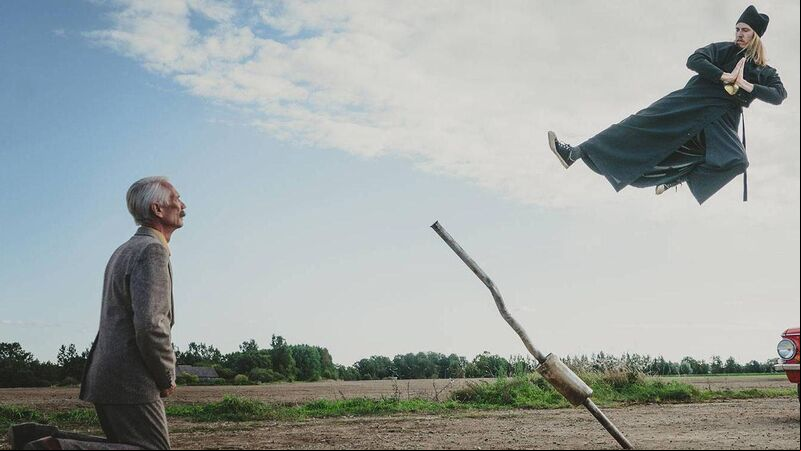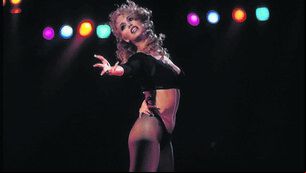Triskel film series gives insight into life in Baltic countries

TOP: A from The , an Estonian - comedy set in an monastery in the Soviet Union in the 1970s

“The first ever Lithuanian culinary comedy mixes witty satire, cheesy TV drama, and lively folk songs, demonstrating our sense of humour and the ability to find joy and irony in everyday situations.”

The Exalted is primarily in English and features a diverse cast of international actors. Ambassador Künka says the director, Juris Kursietis, allows the audience to decide how to respond to the characters’ behaviour.







